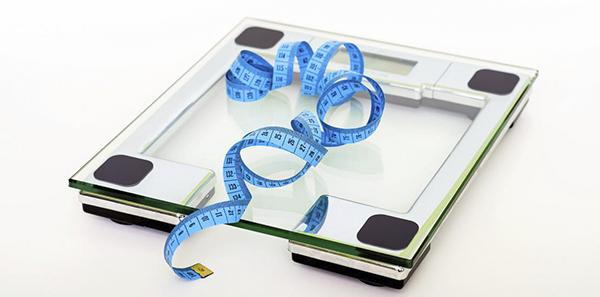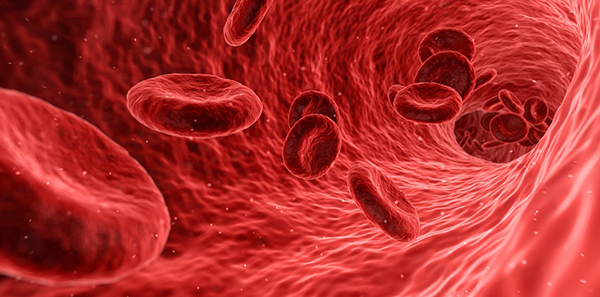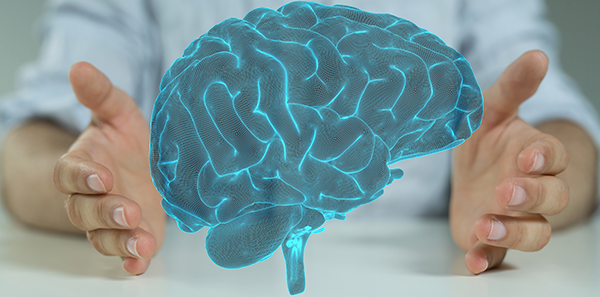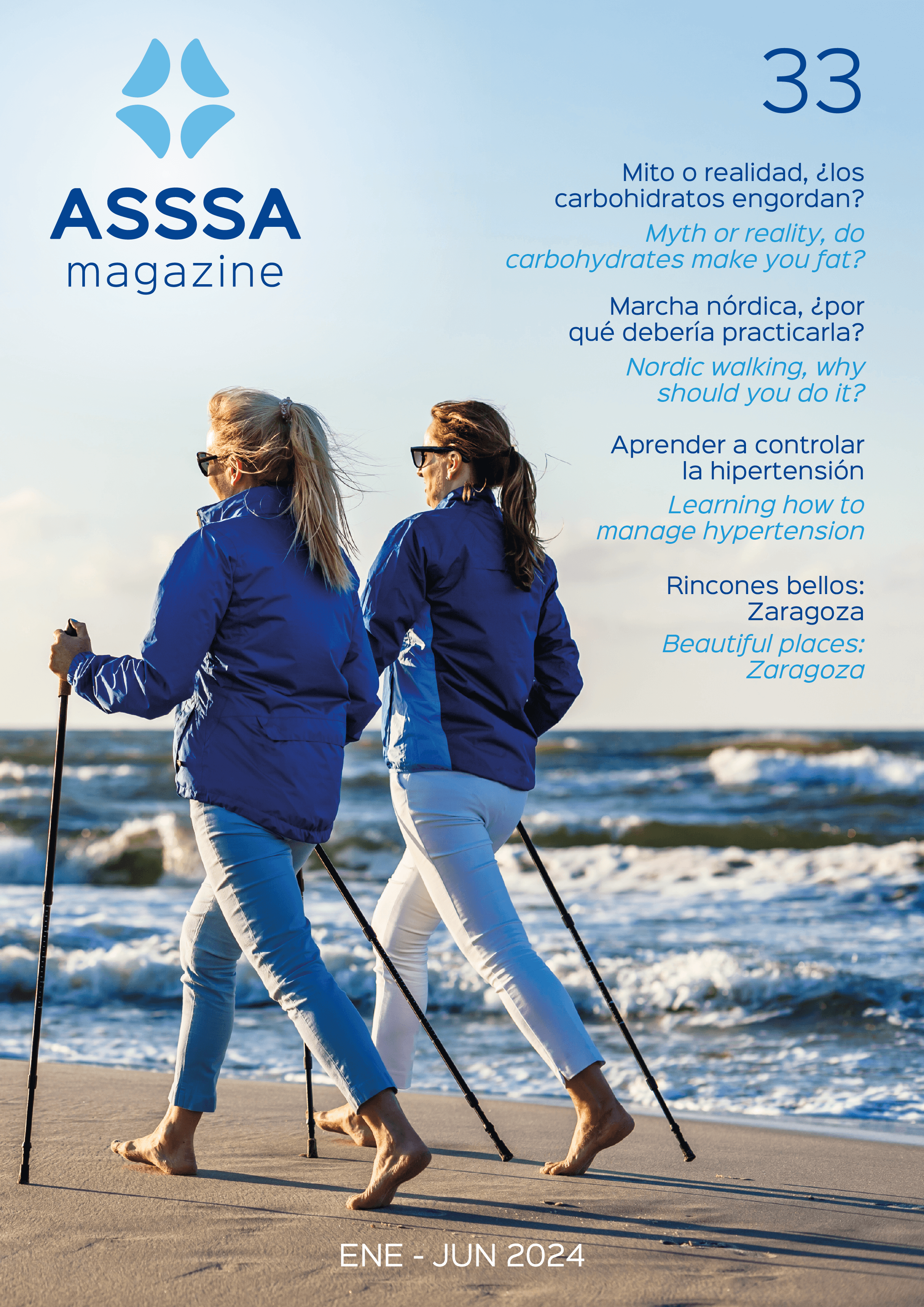
One in five teenagers suffer from hearing loss as a result of listening to music that is too loud. It is therefore vital to use earphones properly and follow the recommended guidelines.
The first symptom is ringing in your ears (tinnitus), which is a warning sign of damage. This condition may be reversible if detected early, but if the cells in your inner ear are already dead, it leads to hearing loss.
Other risks of excessive use include ear infections, as the devices trap sweat and moisture in your ears, thus facilitating the proliferation of bacteria, and hearing loss due to prolonged exposure over time.
Why do my ears hurt after wearing earphones?
There are many reasons for this:
- Prolonged use. It is important to follow the 60-60 rule: use devices for no more than 60 minutes and at a maximum volume of 60%. Ideally, they should be worn for as little time as possible, as wearing them all day will cause long-term ear problems.
- Volume too high. The sound should not exceed 75 decibels, as it becomes dangerous from that point onwards, according to the WHO. You can check the decibel level you are listening to on your mobile phone or via an app.
- Earwax. Earphones are an external object that are inserted into your ear and blocks it, making it difficult to expel wax and thus facilitating the formation of wax plugs.
Headphones or earphones, which is best?
According to the WHO, wireless earphones are the most harmful to hearing health and therefore recommends the use of headphones with a headband, as they are gentler on your ears by distributing the sound waves throughout the ear canal. With earphones, however, the sound hits your eardrum directly.
Other measures
- Avoid excessive pressure on your ears from earphones.
- Clean your devices.
- Take frequent breaks. If you use them for more than 1 hour a day, take breaks of at least 5 minutes for every hour.
- Get regular ear check-ups with a specialist.
- Choose those with external noise cancellation to avoid outside sounds and avoid having to turn up the volume of the device so high.
- Avoid sharing them with other people so as not to spread infections.
If you notice any symptoms, you should see an ENT specialist to prevent a more serious problem.












